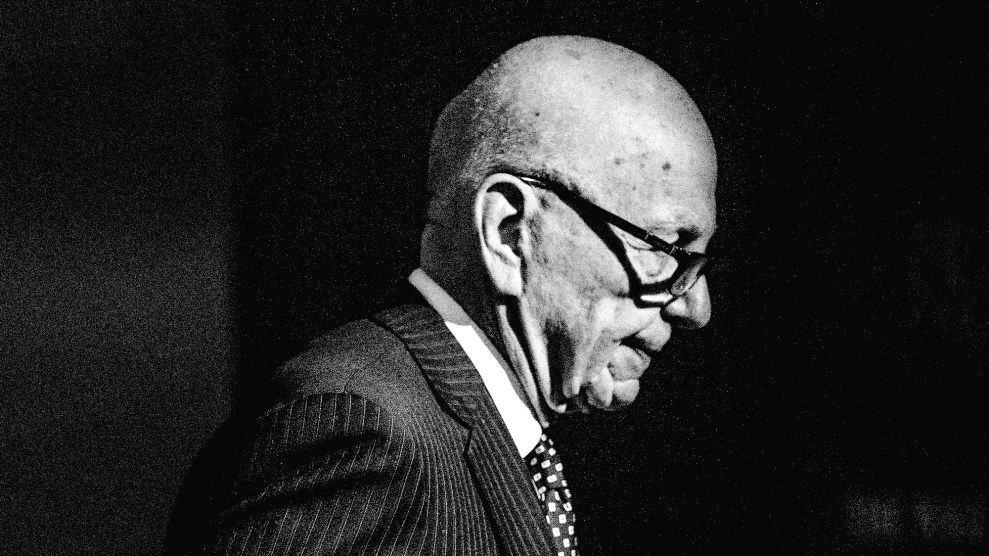
Director Jonathan Nossiter, a polyglot and former sommelier, takes on the highfalutin’ world of fine wine with his controversial and politically charged documentary,
Mondovino. Nossiter, whose films include Sunday, Resident Alien, and Signs of Wonder, offers a candid introduction to the labyrinthine power dynamics at play in the world of international winemaking. By juxtaposing images of a humble Indian peasant-maker in Argentina, the small but orderly vineyards of longtime family-owned enterprises in France, and the lavish wineries of American conglomerates like Robert Mondavi, Nossiter illustrates the damage he believes corporatization and globalization are wreaking on wine.
Culling from more than 500 hours of herky-jerky footage shot on a handheld camera over the course of four years, Nossiter takes great care to compare the artisan winemakers — passionate, still, about tradition and terroir — with the activities of million-dollar Napa wineries, their cocky wine consultants, and American critics like Robert Parker, whose influence is so great that some European winemakers seem willing to cater to his penchant for deep, rich flavors. In doing so, Nossiter makes a bold accusation: the world’s wine is becoming “Americanized” in its homogeneity and its lack of sophistication and subtlety.
Adopting an anti-establishment tone that’s comparable to — if more restrained than — Michael Moore’s, Nossiter comes off as a bit of a conspiracy theorist at times. Still, he does successfully expose the borderline unethical relationships – if not outright collusion — between wineries like Mondavi, which employs popular consultant Michael Rolland (who swaggers into numerous wineries to instruct them to “micro-oxygenate”), and which ultimately lead to vintages favorable to the palate of persuasive American critics like Parker who, even with his accomplished palate, has clear preferences in wine.
A visit to an out-of-the-way wine shop in Italy is the lynchpin of Nossiter’s argument. Prodded by Nossiter, the owner emerges from behind the counter to pull a bottle from the stocked shelves. Though it’s probably been a boon to the shopkeeper’s business, that particular wine, the Italian bemusedly explains, used to cost a fraction of what it does today – the price and prestige of the label shot up after Mondavi bought part of the winery and it got a good write-up in Wine Spectator.
But Mondovino is most compelling when Nossiter allows the complexity of sustaining a modern winery to emerge. And so, it is Hubert de Montille and his family-run operation in Burgundy, which is known for its exemplary pinot noir, that tells the story best.
De Montille, who is both a curmudgeon and a romantic (“Where there’s wine, there is civilization,” he declares soon after we meet him), has turned his winery over to his son Etienne, who is more interested in marketing and building the label’s worldwide status than de Montille might prefer. Meanwhile, de Montille’s daughter Alix, who shares her father’s love for handcrafting wine, is becoming quickly jaded with her work at a large winery because she believes it has placed profit over quality. The push and pull within the de Montille family is an apt reflection of the tensions that exist when a deep and innate love for making wine collides with the forces of expansion and globalization.
Though some oenophiles have dismissed Nossiter’s assessment of the industry as an oversimplification and romanticization of wine production, Mondovino has nevertheless been a box-office hit in France and elsewhere. And despite it’s moments of proselytizing, Mondovino provides an unparalleled glimpse into the politics and culture of modern-day winemaking.












